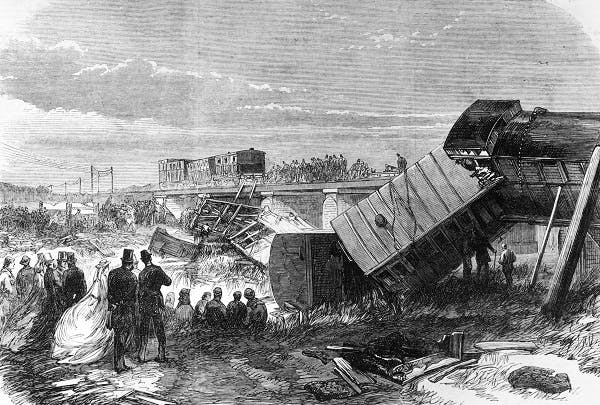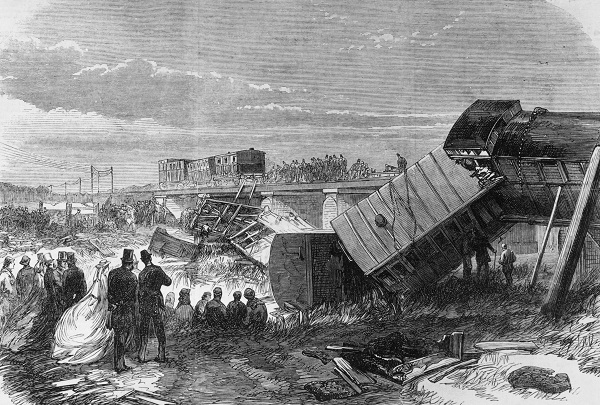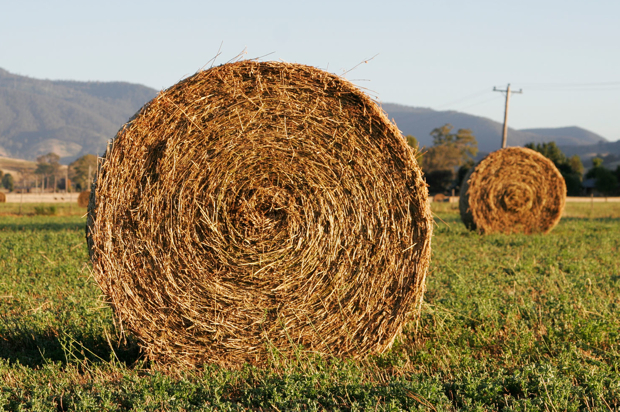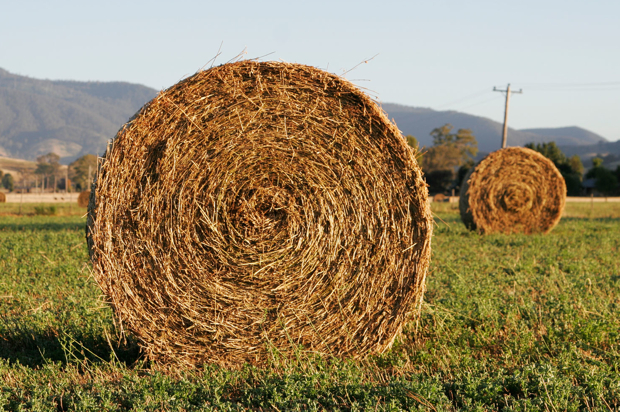The route was unveiled this week for phase two of HS2 — and those who got hot under the collar about phase one (London to Birmingham) are furious again, on the same economic or environmental grounds. But perhaps they might rediscover some of the joy of a fast train if they read a little Dickens.
In 1851, when Britain’s railways were being developed on rather a larger scale than today, Dickens wrote a short article about his trip from London to Paris by what was then considered to be high-speed rail. ‘A Flight’, as he called it, fizzes with excitement:
‘Here we are — no, I mean there we were, for it has darted far into the rear — in Bermondsey where the tanners live. Flash! The distant shipping in the Thames is gone. Whirr! … Whizz! Dust-heaps, market-gardens, and waste grounds. Rattle! New Cross Station. Shock! There we were at Croydon. Bur-r-r-r! The tunnel.’
If travelling at a mere 50 miles per hour reduces Dickens to nonsensical whirrings and burrings, then just the thought of HS2’s proposed 225 mph would render him speechless — unlike those of you who protest so vociferously. And if he was amazed at being able to get from London to Paris in 11 hours, surely he would be flabbergasted at the prospect of getting from London to Birmingham in a mere three quarters of an hour. While Birmingham doesn’t quite hold the glamour of Paris, Dickens was very fond of the city and indeed gave the first public reading of A Christmas Carol in Birmingham’s Town Hall.
But, as a well-read HS2 anti might point out, Dickens avoided high-speed rail travel in his later life. His experience of the 1865 Staplehurst train crash, in which ten passengers died and another 49 were injured, left him shaken, although physically unscathed. When he wrote to a friend about the crash a few days later he said that even ‘in writing these scanty words of recollection, I feel the shake and am obliged to stop’. He had been travelling with the manuscript of the final instalment of Our Mutual Friend, but after the crash his writing was halted to such an extent that it wasn’t until four and a half years later that he began another novel.
Dickens’s opinion on HS2 might have depended on whether you asked him before or after 1865, but on one subject he remained consistent: the importance of good food at the train station. As Mrs Todger in Martin Chuzzlewit says, ‘There is no such passion in human nature as the passion for gravy among commercial gentlemen.’ Perhaps Birmingham’s Curzon Street station will need an (untaxed) pasty stall. In any case, let’s hope the establishments there will be rather more pleasant than the ‘Mugby Junction’ refreshment rooms, ‘what’s proudest boast is, that it never yet refreshed a mortal being’.
Got something to add? Join the discussion and comment below.
Get 10 issues for just $10
Subscribe to The Spectator Australia today for the next 10 magazine issues, plus full online access, for just $10.















Comments
Don't miss out
Join the conversation with other Spectator Australia readers. Subscribe to leave a comment.
SUBSCRIBEAlready a subscriber? Log in